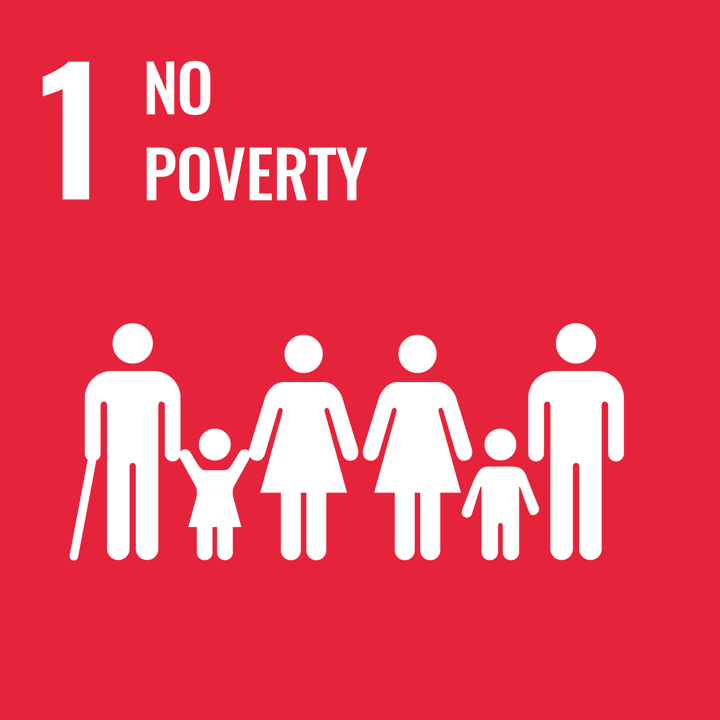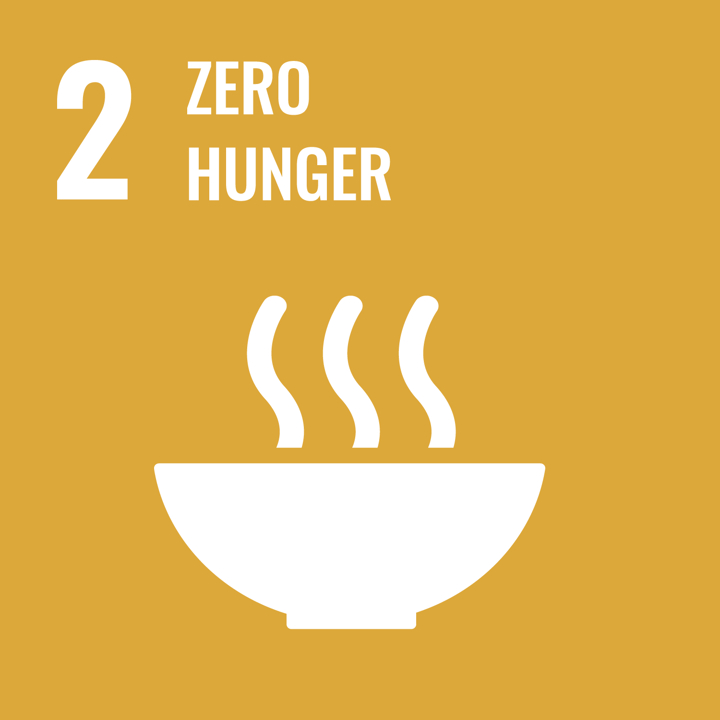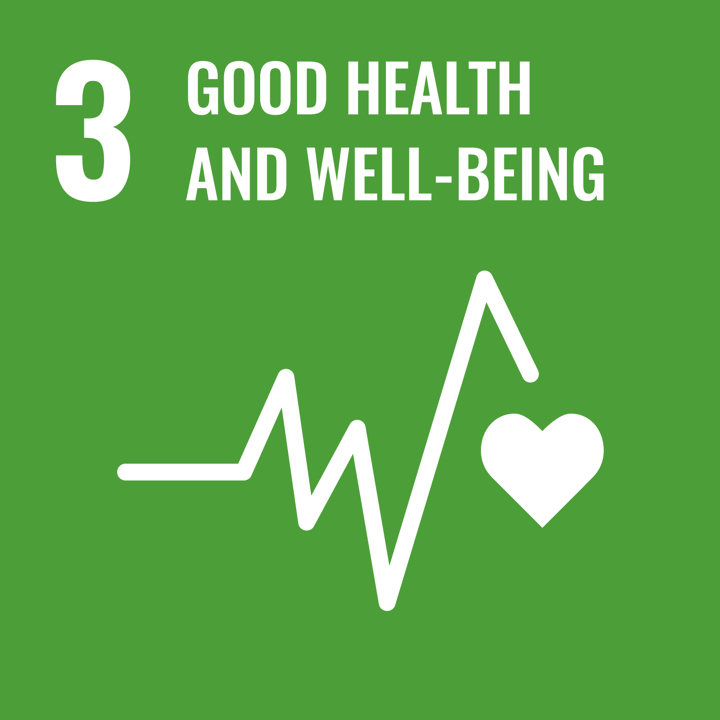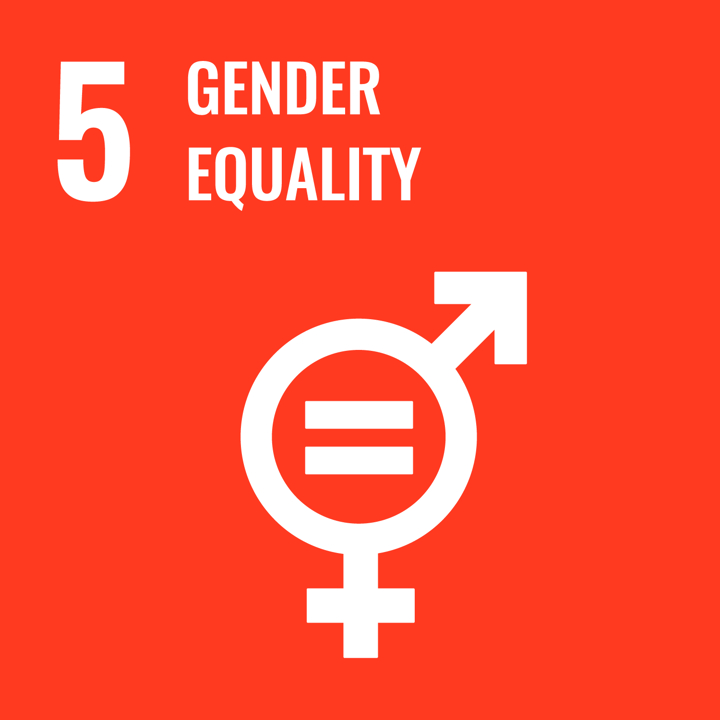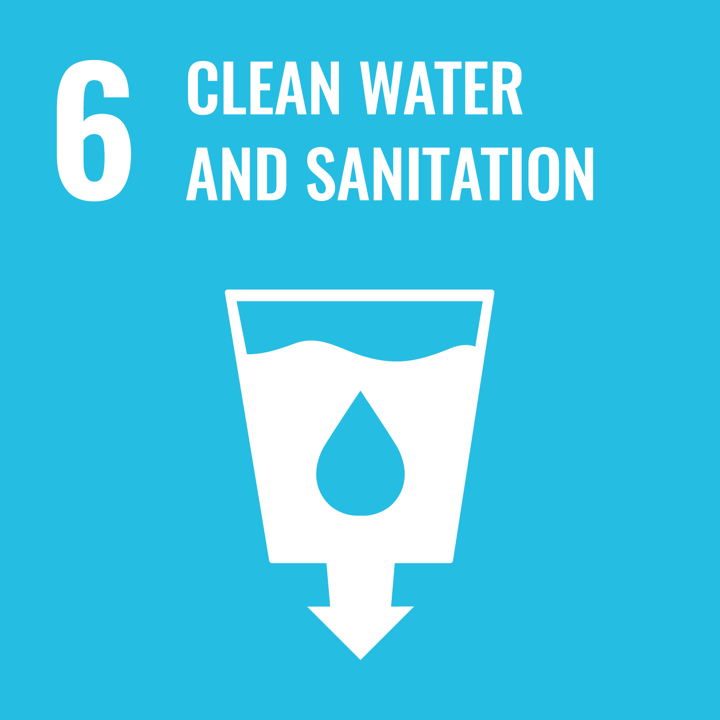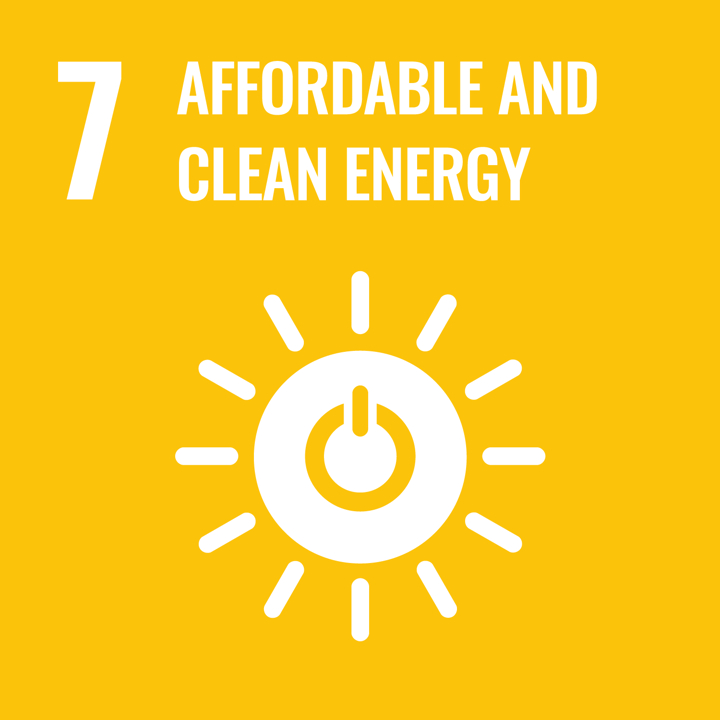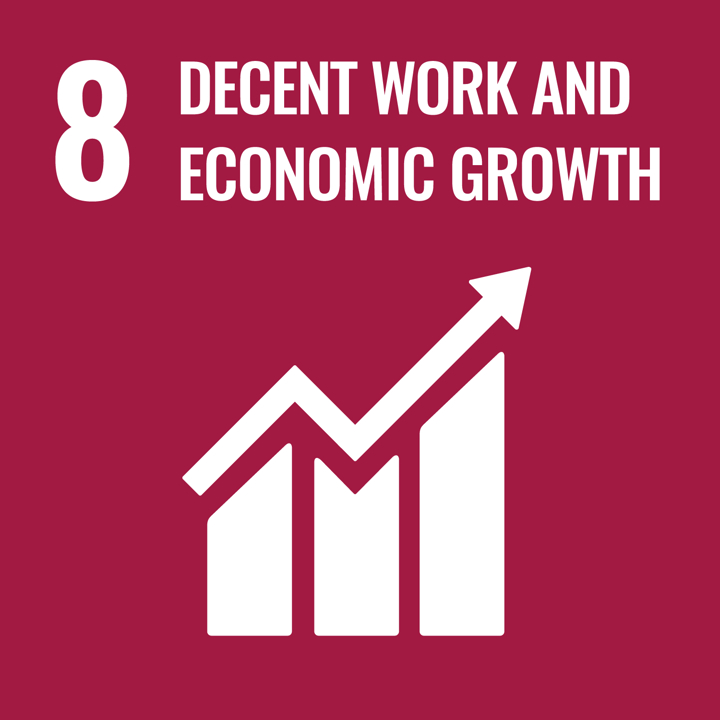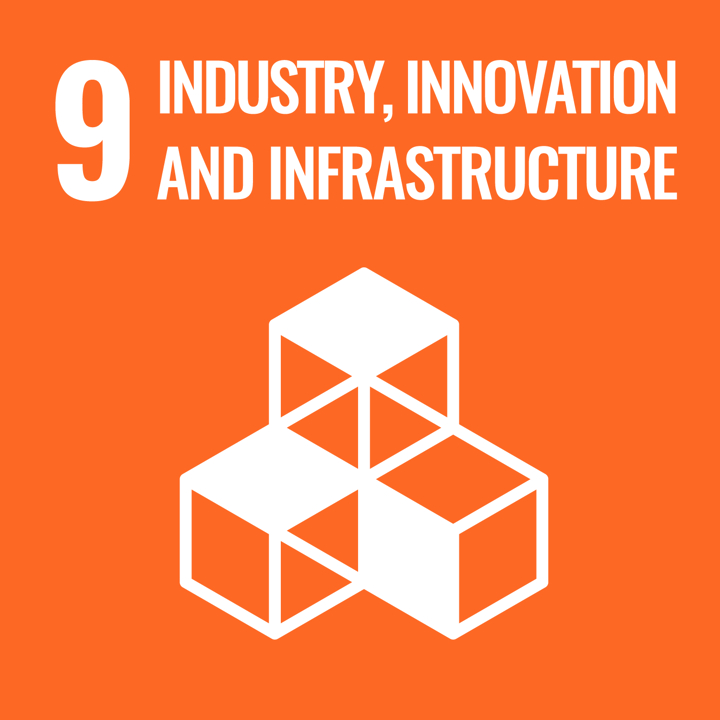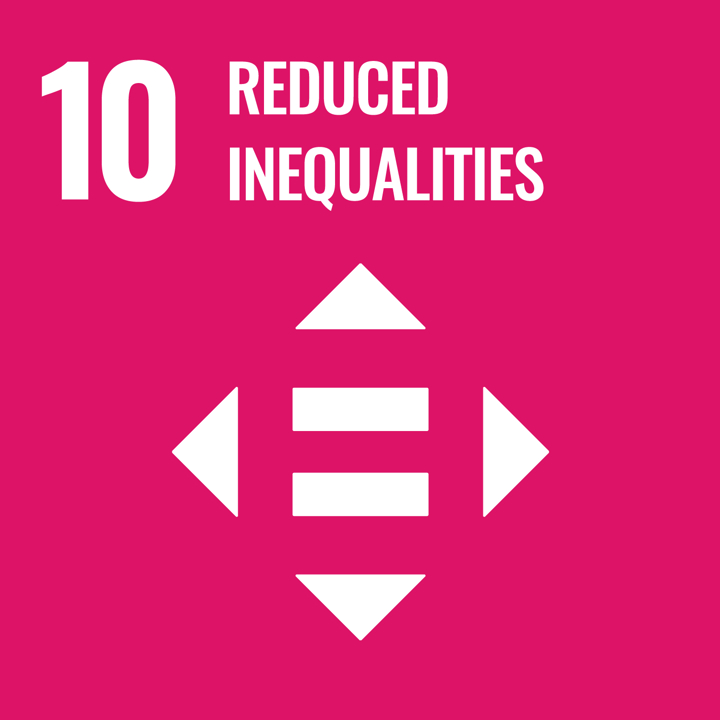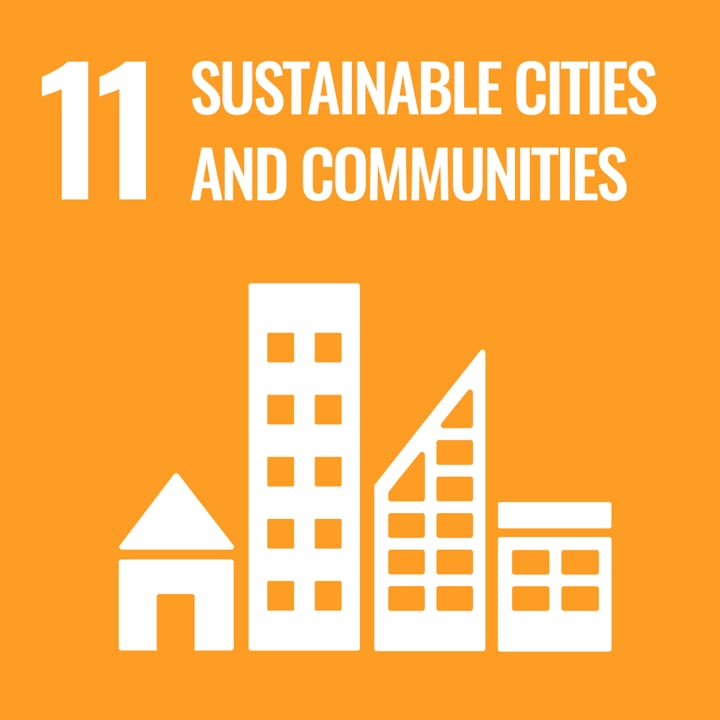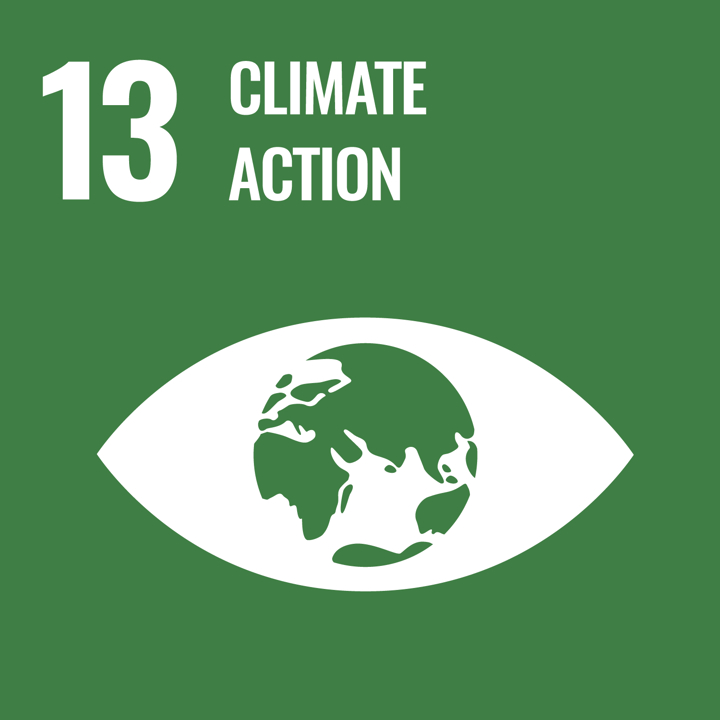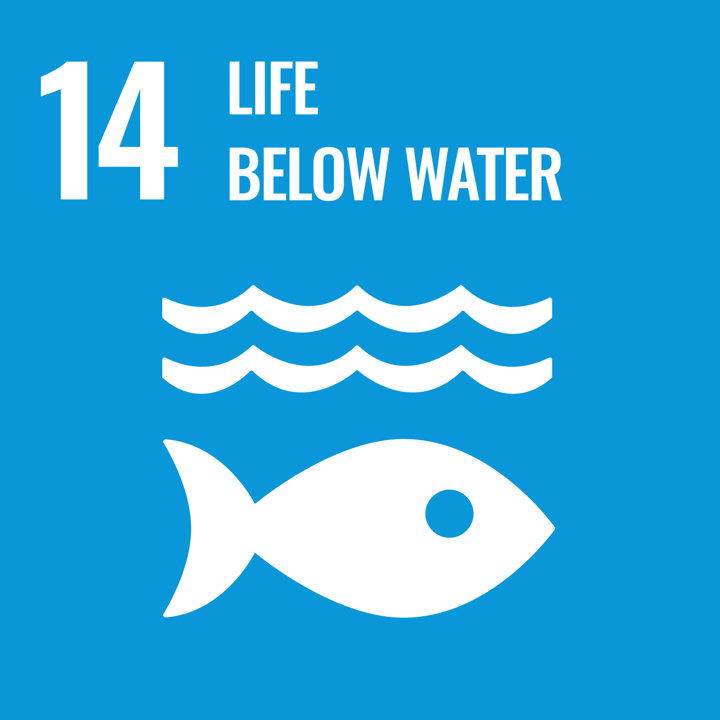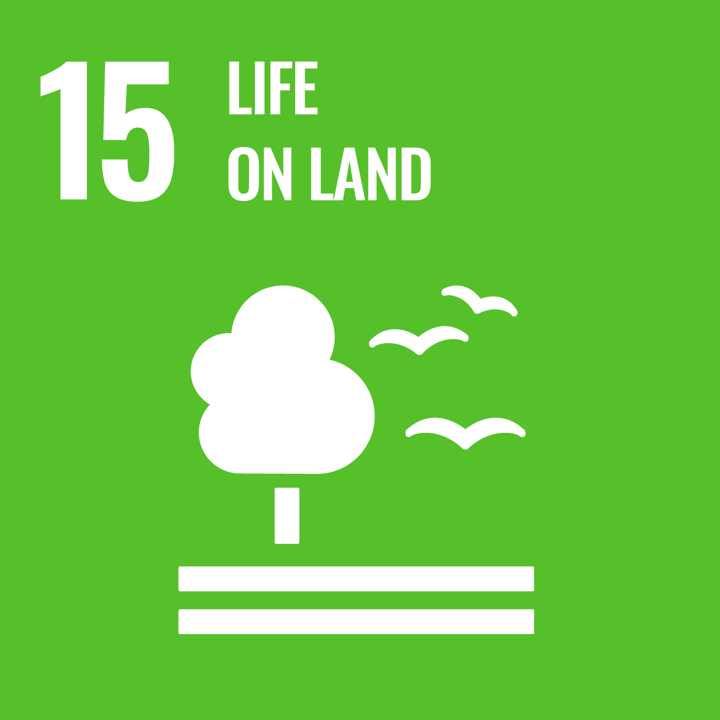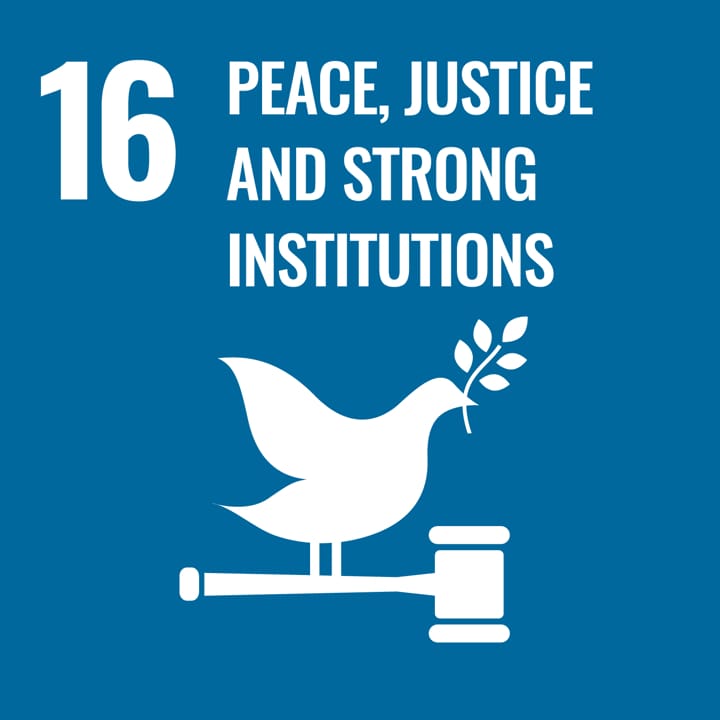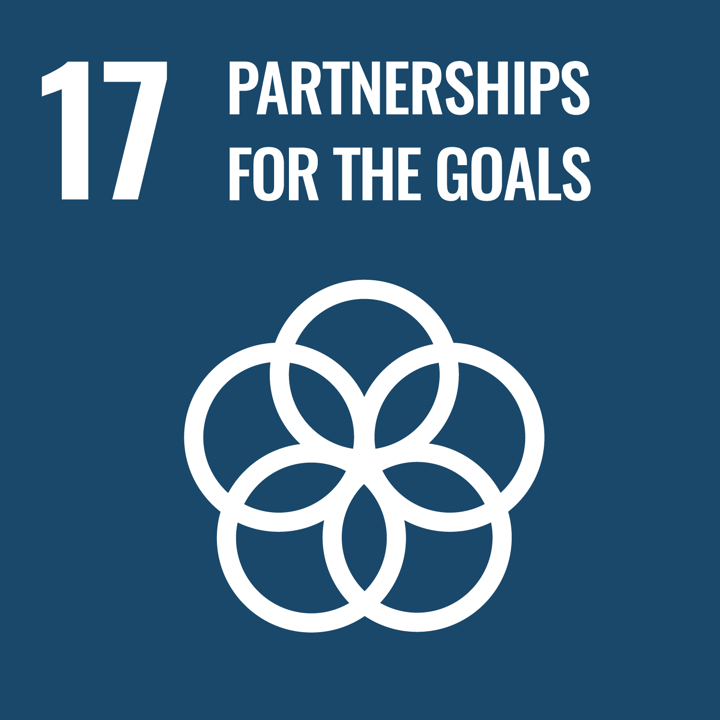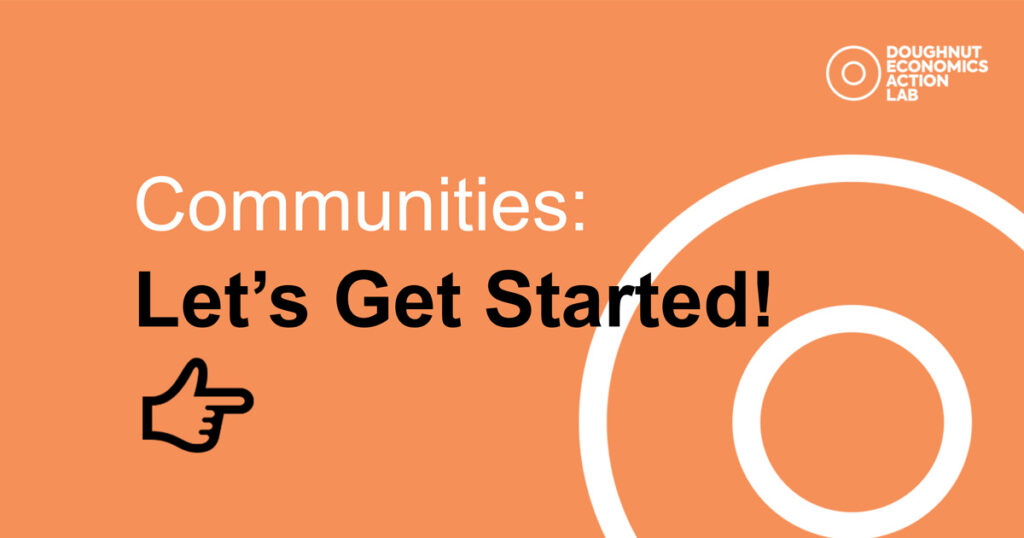
Vorgesehener Endnutzer: Teacher, School Leader
Altersgruppe: Sekundarstufe I; Sekundarstufe II
Lehrplan der Schule: Social, Physical & Health Education; Social & Environment Science; Languages; Business Studies
Themen und Fragestellungen: Energy Use and Production, Behaviour & Lifestyle, Collective Action, Environmental Change, Economics, Food and Agriculture, Power & Influence, School Leadership, Information & Knowledge, Citizenship
Dauer: Several months but with smaller components.
Art der Ressource: Case Study, Game, Guidelines & Notes, Audio/Video, Presentation, Project, Workshop
Schlüsselwörter: Sustainable Development Goals, Doughnut Economics, Community, School Leadership, Placed-Based Learning
Sprachen: Englisch
Beschreibung
Communities: Let’s Get Started is a collection of tools & stories to apply the ideas of Doughnut Economics to your community, whether at the household, street or neighbourhood scale or connecting as networks for systemic change at the city, region or national scale. The tool contains over 25 tools and 20 stories – with contributions from people, groups, networks and organisations from around the world – to help you get started with your community in your own unique context. Embedded resources can be used individually or used in clusters depending on your need and level of experience.
Wie Sie diese Ressource nutzen können
This collection of resources and training materials support community engagement around the concept of Doughnut Economics to develop ways in which communities can become more sustainable in a systematic and observable way. The resources are arranged by categories for facilitators to choose from to best suite guiding participants from novice to expert levels in community and action-based Doughnut Economics.
Resources under the “What is Doughnut Economics?” explore the need for alternative economics models with active learning strategies throughout the workshop-based exercises. The Doughnut Economics model is a tool that can be used to systematically approach the sustainability challenges with an evidence-based approach. Within the professional development resources, several workshop-based activities are described and resourced to facilitate participant exploration and deeper understanding of key concepts.
While not explicitly referring to national curricula or educational policy, the offering does facilitate reflection on current practices and relationships to help develop a workable strategy to build a community driven by sustainable goals whilst meeting social needs.
The plethora of resources contained in the proposed tool are driven by the goal of community building through engagement and cooperation. The tools and frameworks provided in Section 4 are designed to support community collaboration in creating sustainable environments and new understanding. The Doughnut model is designed to represent measurable component elements of a sustainable economy, whether the scale of economy is an individual, household, institution, community, or region. The metrics associated with each variable can be adapted according to context and available data. This will act as a means of assessing impact of the initiative.
While the professional development resource is focused on place-based community building, there is also additional Doughnut Economics community support available. This includes active online communities and best-practice examples of how other groups have undertaken change initiatives.
Die Ressourcen
Communities: Let’s Get Started PDF:
The Doughnut Economics Action Lab (DEAL) website, with a range of additional resources and tools, can be found here:
A link to the Communities: Let’s Get Started! page can be found here:
Learning Outcomes (Teachers)
- Abfrage des Vorwissens und Weiterentwicklung von Wissen und Verständnis von Schlüsselkonzepten der nachhaltigen Bürgerschaft, wobei etablierte Weltanschauungen und Werte in Frage gestellt werden.
- Anwendung einer Reihe von geeigneten Instrumenten und Rahmenwerken zur Förderung des bürgerschaftlichen Engagements von Studierenden im Bereich Nachhaltigkeit
- Reflektieren Sie die Praxis und untersuchen Sie die nationalen Lehrpläne, um Möglichkeiten zur Förderung der nachhaltigen Bürgerschaft auf interdisziplinäre Weise zu identifizieren und mit externen Interessengruppen in Kontakt zu treten.
- das Wissen, die Instrumente und den Rahmen gemeinsam zu synthetisieren, um Bildungsmaterialien und Unterrichtspläne zu erstellen, die an ihren eigenen lokalen Kontext angepasst sind
- Entwicklung und Anwendung von Beurteilungskriterien zur Bewertung des bürgerschaftlichen Engagements für Nachhaltigkeit bei Schülern.
- Durch Workshop-Aktivitäten und Praxisgemeinschaften werden Kapazitäten und Handlungskompetenzen von Lehrkräften und Führungskräften im Bereich Sustainability Citizenship aufgebaut.
Lernergebnisse (Leadership)
- Elicit prior knowledge and further develop knowledge and comprehension of key Sustainability Citizenship concepts to challenge established worldviews and values.
- eine Reihe von geeigneten Instrumenten und Rahmenwerken zur Förderung des bürgerschaftlichen Engagements für Nachhaltigkeit in ihren Schulen und Gemeinden anzuwenden.
- Examine their own national/regional curricula, educational policies, programmes and external stakeholders to identify opportunities to promote Sustainability Citizenship in their schools and communities.
- Gemeinsam Wissen, Instrumente und Rahmenbedingungen zusammenführen, um eine Vision für die Schaffung eines Schulumfelds zu entwickeln, das die Entwicklung einer nachhaltigen Bürgerschaft in ihrer Gemeinschaft unterstützt.
- Develop and apply assessment criteria to evaluate Sustainability Citizenship development in their school and community.
- Through workshop activities and communities of practice, build capacity as Sustainability Citizenship educators and leaders.
Grüne Kompetenzen
- Nachhaltige Werte verkörpern: Wertschätzung der Nachhaltigkeit; Unterstützung der Fairness; Förderung der Natur
- Komplexität in der Nachhaltigkeit berücksichtigen: Systemdenken; Kritisches Denken; Problemstellung
- Visionen für eine nachhaltige Zukunft: Anpassungsfähigkeit; forschendes Denken
- Handeln für Nachhaltigkeit: Political Agency; Collective Action; Individual Initiative
Creative Commons

All tools uploaded to the DEAL Community Platform – by the DEAL Team and the wider community – are licensed under the Creative Commons Attribution-ShareAlike 4.0 International Licence. This means they can be used for any purpose, so long as you provide attribution and share back any changes you make, under the same licence.
SDGs
